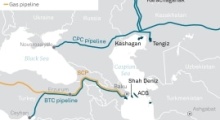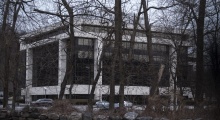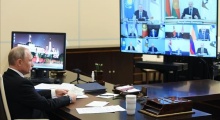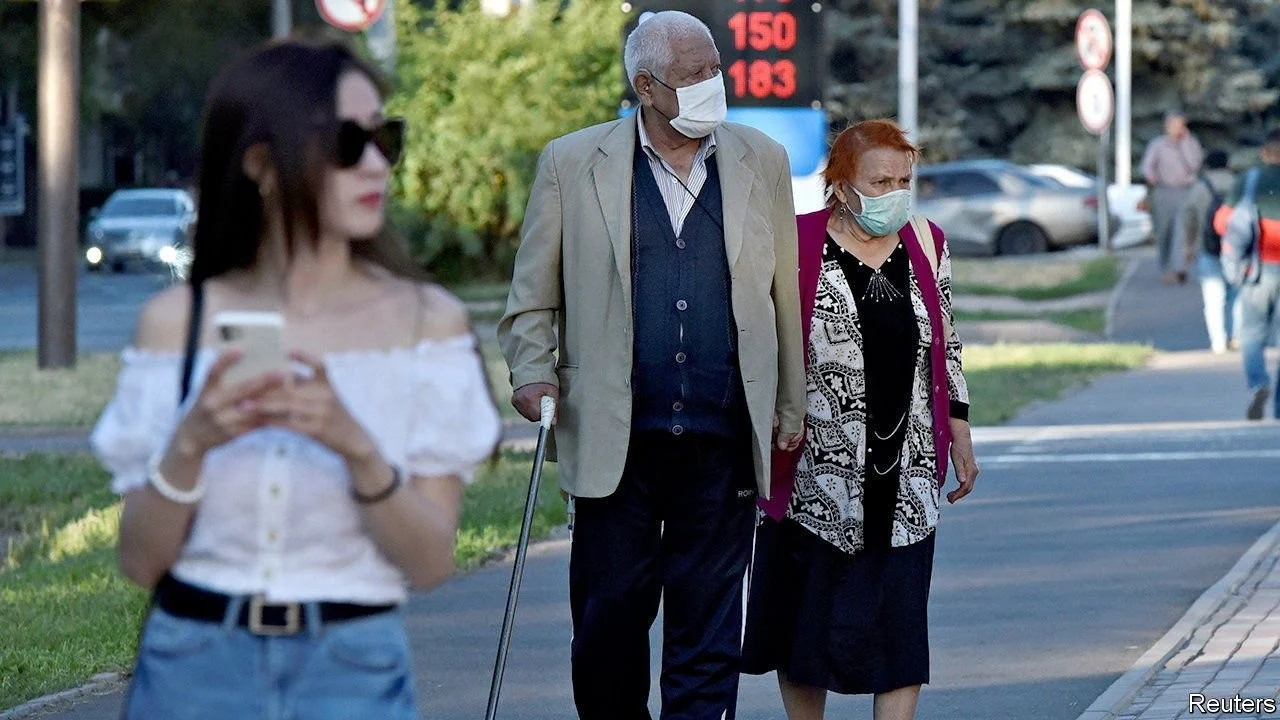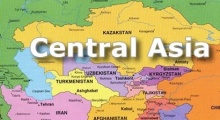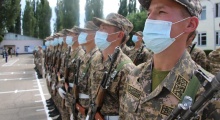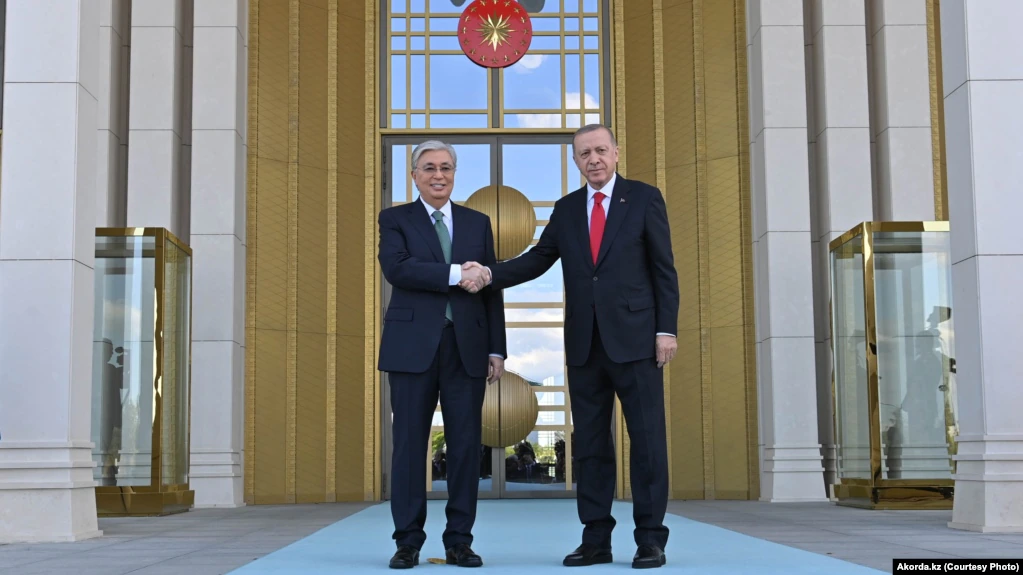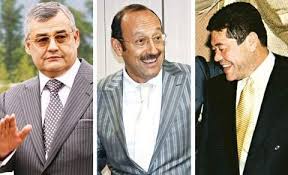 On the surface, the Kazakh town of Aksu looks like a Communist stereotype. Its metals factory is the biggest in the world and for generations it has provided residents with employment, healthcare, education and leisure.
On the surface, the Kazakh town of Aksu looks like a Communist stereotype. Its metals factory is the biggest in the world and for generations it has provided residents with employment, healthcare, education and leisure.
But there's a crucial difference. The Eurasian Resources Group factory is controlled by three billionaires and though the Kazakh government has a stake it's a far cry from the Communist model of ownership by the proletariat.
The trio are Alexander Machkevich, Alijan Ibragimov and Patokh Chodiev and many Kazakhs see them as oligarchs close to President Nursultan Nazarbayev who has ruled since 1989.
Nazarbayev, a former Soviet apparatchik, wields sweeping power and parliament is devoid of opposition. A pro-Nazarbayev political party bankrolled by ERG's cofounders was founded in 1998 and merged with the president's Nur Otan party in 2006.
None of the three billionaires are native Kazakhs, though all are from Central Asia. They started their careers as commodities traders and took over Kazakh mining and metals assets during privatisation.
These days one in five of Aksu's 50,000 residents works at the factory and it is a model for the country's state-sponsored capitalism under which tycoons are responsible for the welfare of "mono towns" that depend on their business.
Founded in the 19th century as a river wharf for nearby coal deposits in northeastern Kazakhstan, Aksu became an industrial hub in the 1960s when Soviet planners designated it as a location for a power plant and a ferroalloys smelter.
Both the plant and the smelter were privatised in the 1990s after Kazakhstan gained independence from the Soviet Union and became part of ERG's Central Asian mining and metals assets.
Petr Smotrich has worked as a furnace operator at the smelter for 40 years. He met his wife Galiya there. She works as an administrator and their son Dmitry and daughter Irina also work at the same smelter.
"The smelter keeps working and therefore we have confidence in our future," he says.
Ferroalloys are used in steelmaking and the Aksu Ferroalloys Plant - as the smelter is known officially - sells the bulk of its products to China, Japan and Russia.
The smelter avoided the fate of many ex-Soviet industrial giants in the 1990s that went bankrupt and laid off staff, though at one point it reduced workers shifts to three per week, Smotrich says.
The town has avoided the post-Soviet collapse too, Smotrich said.
"There is a street gym in every yard," Smotrich says.
ERG, which is boosting exports of ferroalloys, says it has spent hundreds of millions of tenge currency, or millions of dollars, on social infrastructure such as a stadium and a swimming pool.
The town also has a trade school so Aksu residents can get education and find work without ever leaving.
The only thing lacking is entertainment and those looking for night clubs or cinemas travel 50 km (31 miles) to regional centre Pavlodar, Smotrich says. Others spend their free time fishing on the renovated embankment on the Irtysh river.
Unemployment in Aksu is just 1.2 percent, well below the 5.0 percent national average, and crime, locals say, is almost nonexistent.
Still, Smotrich says he is not sure whether his 8-year-old granddaughter will continue the metalworker dynasty.
"I did nudge my children (in that direction) but she will decide for herself," he said.
(Reporting by Mariya Gordeyeva Writing by Olzhas Auyezov Editing by Matthew Mpoke Bigg)
www.dailymail.co.uk, 23 March 2018


